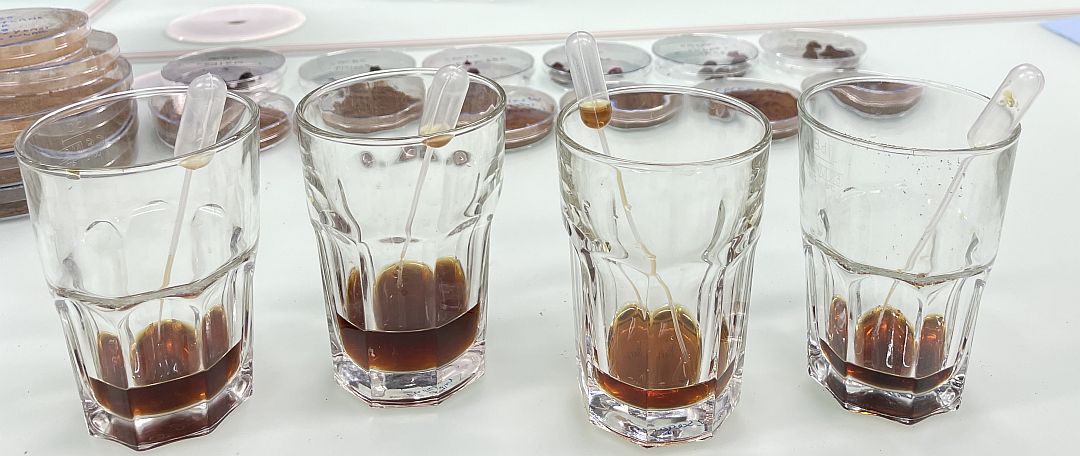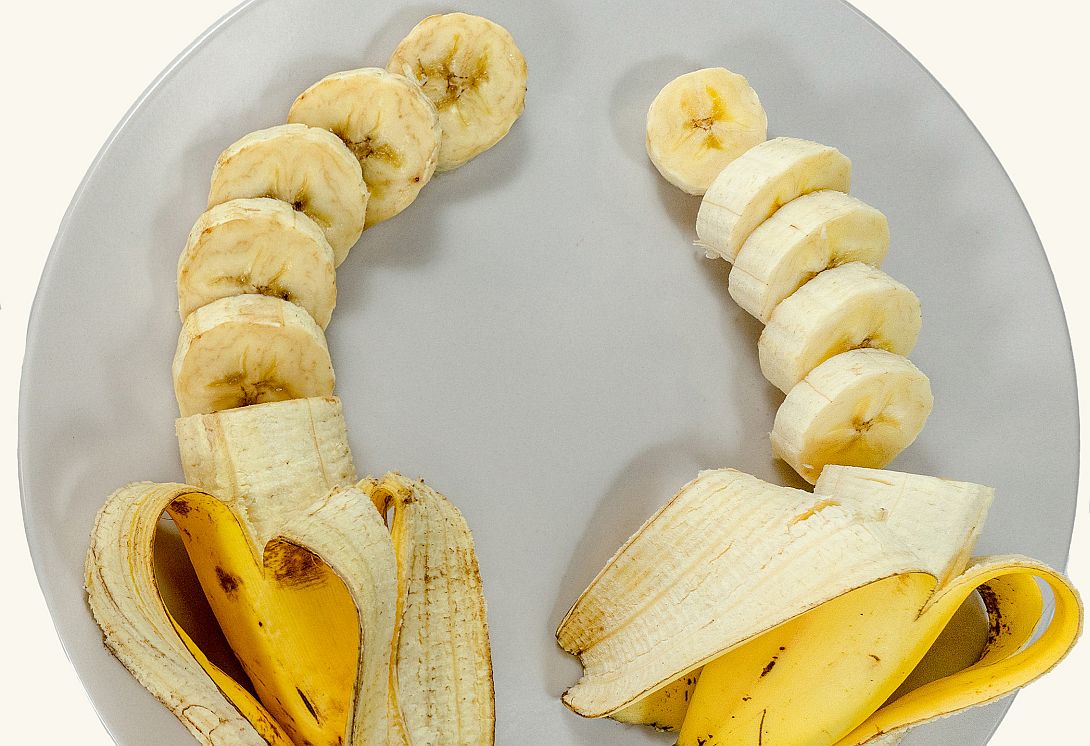Swiss startup Infrascreen has raised $1.5 million in funding for its nanotech-enabled ‘smart material’ that can be used to control climatic conditions in greenhouses.
- Investbridge Capital and ACE & Company co-led the seed round.
- Infrascreen will use the proceeds to “deploy pilot units with our prospective clients” in the commercial greenhouse space, CEO Henri Lalande tells AFN.
Why it matters:
“We are making high-tech greenhouses more energy-efficient, so that they can become carbon neutral,” says Lalande.
- According to Infrascreen, the global commercial greenhouse market is worth $29 billion today and is expected to grow about 10% annually over the next four years. This growth will be driven by the higher yields that greenhouses are capable of in the limited space they take up – and the possibility of producing crops without the need for expensive and potentially harmful agrochemicals, as in conventional open-field farming.
- However, one of the drawbacks of greenhouse ag is the cost of their heightened energy usage, which is required to optimize the indoor farming environment for the crops being grown in order to achieve those higher yields.
Infrascreen co-founder Benoit de Combaud was “convinced that the major challenge in the greenhouse industry is the energy issue” at his previous venture, greenhouse tech company CleanGreens, Lalande says.
“While it makes complete sense that they are the future of fruit and vegetable farming, high-tech greenhouses have to become carbon neutral, and for that you need to increase their energy effiency,” he adds.
“[De Combaud] dug in several directions. He identified a promising technology coming from the building industry and worked with Swiss scientific institutions to develop it for greenhouses.”
Infrascreen claims this ‘smart material’ can increase the energy efficiency of commercial greenhouses by optimizing “natural radiation,” reducing energy consumption by as much as 20%.
How it works:
Infrascreen’s smart material can be used as a screen in addition to, or in place of, glass and other commonly used screening materials in greenhouses. The Neuchâtel-based startup generates revenue by selling its product to greenhouse equipment manufacturers.
“Based on nanophotonics, we developed a new material, which allows better use of the heating potential of natural radiation inside the greenhouse,” Lalande explains.
“Our closest competitors are greenhouse glass manufacturers. Our product is differentiated because it offers dynamic control of radiation – and that makes all the difference.”
Infrascreen’s material reduces heat loss by convection while simultaneously allowing solar radiation to filter through. It also reflects radiation in the middle infrared range back into the greenhouse.
What they say:
“The world is undergoing massive changes in the production and distribution of food, fighting to keep up with rising populations, immense inefficiencies throughout the supply chain, and a climate change crisis,” said Kieran Francis, of Investbridge Capital’s AgTech VC fund — which recently backed UK livestock app Breedr — in a statement.
“We see this as an incredible opportunity to support innovative companies who are providing real-world solutions and support Infrascreen as they work to forge change by ensuring that the future of fresh fruits and vegetables will be carbon neutral.”
Livestock app Breedr bags $16m Series A funding as it moves into farmer finance
Lalande tells AFN: “From the beginning, we have had strong support from the horticulture community, so we know we were going in the right direction. Our challenge has rather been to develop an industrial-grade product at a fast pace with comparatively limited means.”
“One of the things that was key was that we met high-level seasoned professionals who believed in us and took the time [to help us].”
Source link
Author Jack Ellis






